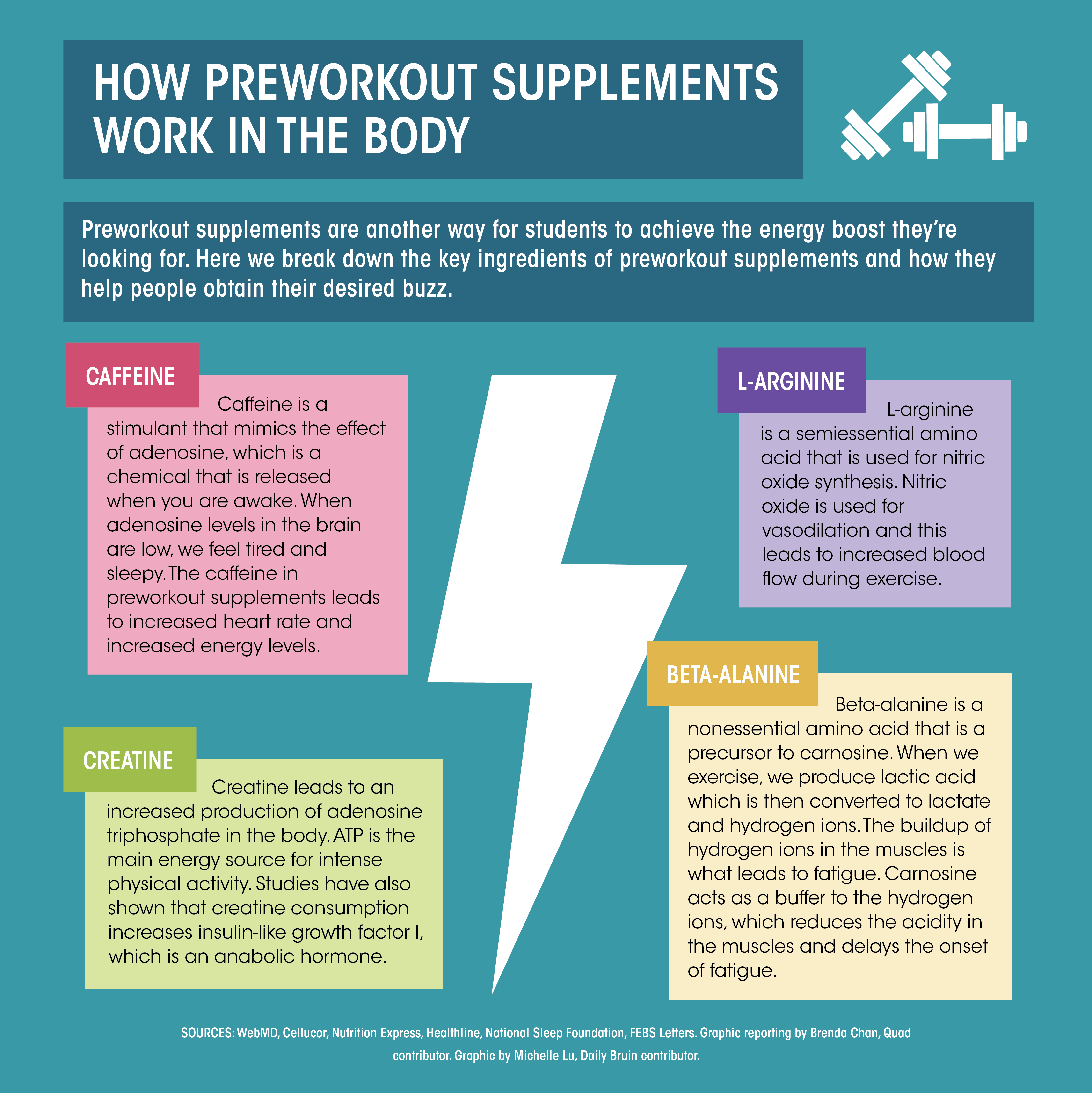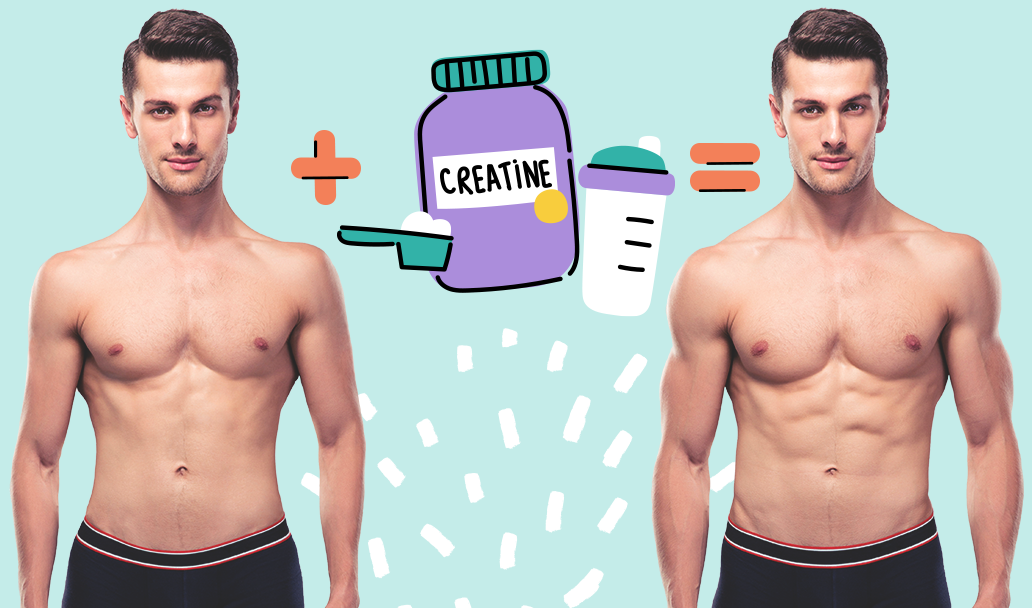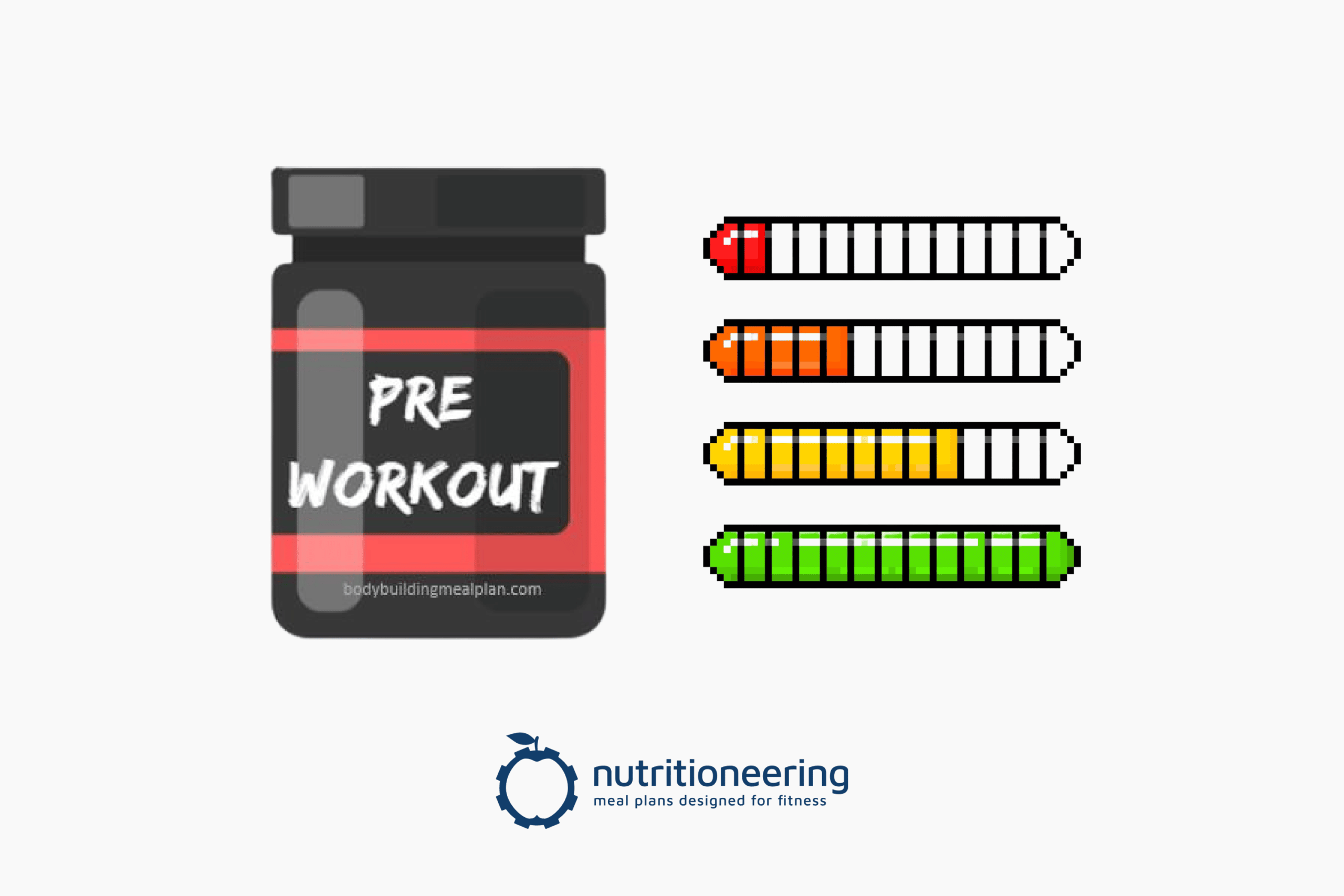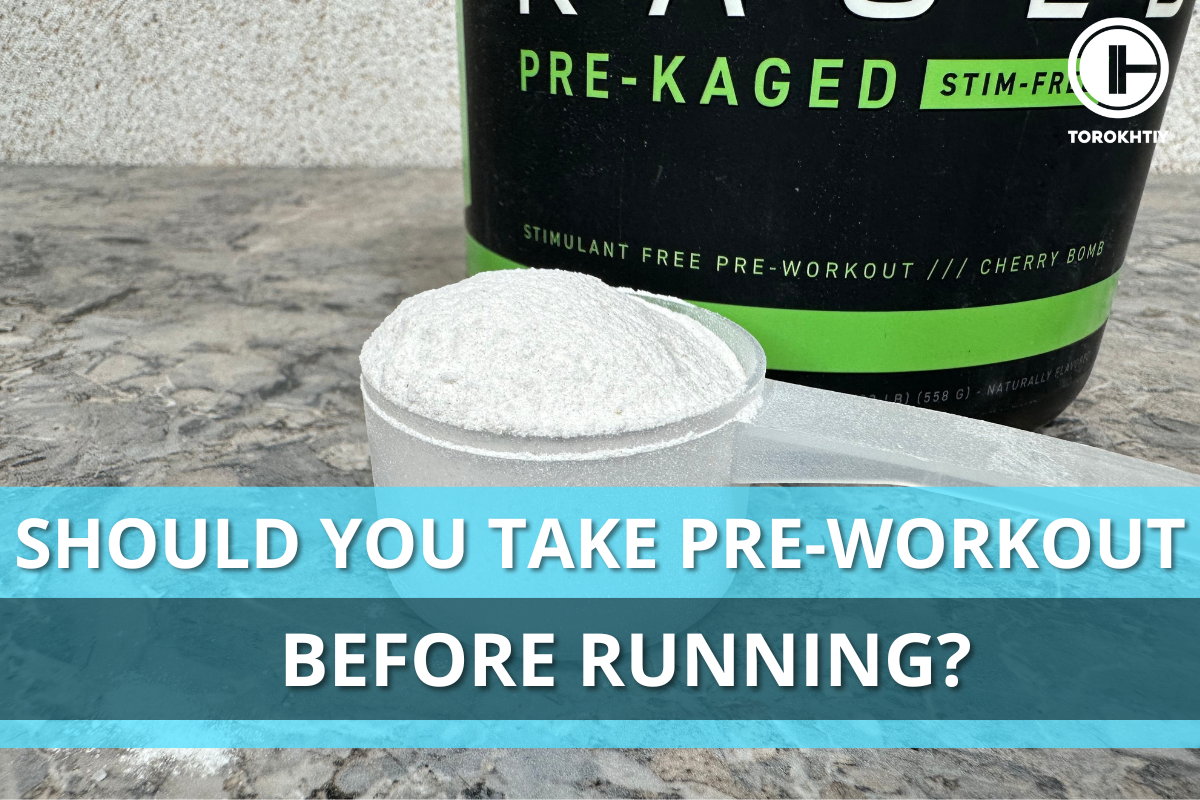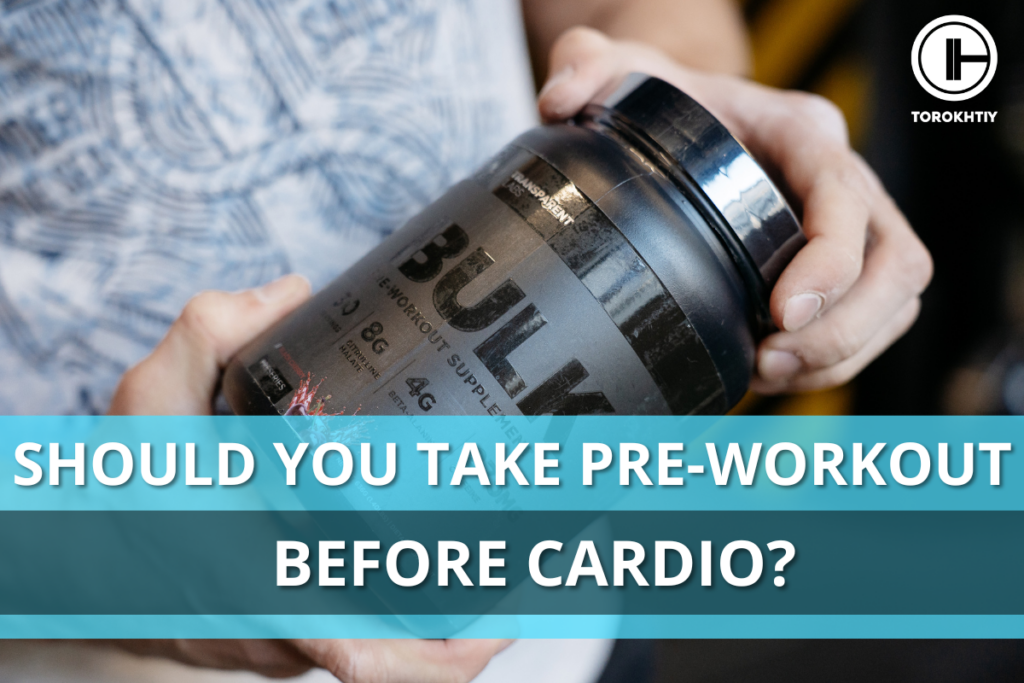How Long Before Should You Take Pre Workout

The first rays of dawn peeked through the blinds, painting streaks of light across the gym floor. The rhythmic clang of weights was already a steady pulse, a soundtrack to the dedicated few starting their day with sweat and steel. Sarah, a seasoned marathon runner, stood by the water fountain, meticulously measuring out a scoop of her go-to pre-workout, a ritual as essential as her morning coffee. But a question lingered in the air, one that buzzed amongst gym-goers of all levels: When exactly is the *sweet spot* to take pre-workout for optimal performance?
Knowing when to ingest your pre-workout supplement is crucial to maximizing its benefits, whether you're aiming for a personal best in weightlifting, crushing a high-intensity interval training (HIIT) session, or enduring a long run. Timing affects how your body absorbs and utilizes the ingredients, influencing energy levels, focus, and overall workout effectiveness. Getting it right can be the difference between a lackluster workout and an energized, focused, and productive one.
The Science Behind the Timing
Pre-workout supplements are designed to enhance athletic performance through a combination of ingredients. Common components include caffeine for increased energy and focus, creatine for power output, beta-alanine for muscular endurance, and nitric oxide precursors like L-arginine or L-citrulline to improve blood flow and muscle pump. Understanding how these ingredients are absorbed and utilized by the body is essential to determining the optimal timing for pre-workout consumption.
Caffeine, a central nervous system stimulant, is rapidly absorbed, typically reaching peak levels in the bloodstream within 30 to 60 minutes of ingestion. This peak translates to increased alertness, reduced perceived exertion, and improved cognitive function – all beneficial during a workout. Creatine, on the other hand, works through a saturation effect, meaning it needs to be consistently taken over time to build up in the muscles for optimal benefits. While a single dose of creatine in pre-workout can contribute to overall creatine levels, its immediate impact on a single workout is minimal.
Beta-alanine, known for the tingling sensation it can cause (paresthesia), also requires consistent use to increase carnosine levels in the muscles, which buffers lactic acid and delays fatigue. Nitric oxide precursors take varying times to convert to nitric oxide, which relaxes blood vessels and increases blood flow to muscles. This increased blood flow delivers more oxygen and nutrients, enhancing performance and reducing muscle soreness. Many sources suggest approximately 30-60 minutes for ideal results.
Factors Influencing Pre-Workout Timing
Several factors can influence the ideal time to take pre-workout, including individual metabolism, the specific ingredients in the supplement, and the type of workout you're planning. Metabolism plays a significant role in how quickly your body processes and absorbs substances. People with faster metabolisms may experience the effects of pre-workout more quickly, while those with slower metabolisms may need to take it further in advance.
The specific ingredients in your pre-workout also affect timing. Supplements with a high caffeine content might require a slightly longer lead time to allow the stimulant effects to fully kick in without causing jitters or anxiety. Consider the form of ingredients too, such as caffeine anhydrous versus dicaffeine malate, as these have different release rates. Always read and understand the ingredient list of the pre-workout you have chosen.
The type of workout matters. For high-intensity activities like sprinting or powerlifting, where immediate energy and focus are crucial, taking pre-workout closer to the start of the session (around 30 minutes) might be ideal. For longer endurance activities like running or cycling, a slightly longer lead time (45-60 minutes) might allow for a more sustained release of energy and focus throughout the workout. It is important to experiment to find out what works best for your needs.
Practical Recommendations and Considerations
As a general guideline, taking pre-workout 30 to 60 minutes before exercise is a good starting point for most people. However, it's essential to experiment to find what works best for your individual needs and the specific supplement you're using. Start with the lower end of the range (30 minutes) and gradually increase the time until you find the *sweet spot* where you feel energized and focused without experiencing any unwanted side effects.
It's crucial to consider potential side effects, such as jitters, anxiety, or digestive discomfort, when experimenting with pre-workout timing. Starting with a lower dose and gradually increasing it can help minimize these effects.
Also, avoid taking pre-workout too close to bedtime, as the caffeine can interfere with sleep.Listen to your body and adjust the timing and dosage accordingly. Pay close attention to how you feel during your workout and make adjustments based on your experience.
Staying hydrated is also essential when using pre-workout supplements. Many ingredients, such as creatine, draw water into the muscles, so adequate hydration is crucial for preventing dehydration and optimizing performance. According to the National Academy of Medicine, adequate water intake is about 15.5 cups (3.7 liters) of fluids a day for men and about 11.5 cups (2.7 liters) of fluids a day for women. Remember, this is a guideline and will vary from person to person and activity to activity.
Beyond the Supplement: A Holistic Approach
While pre-workout supplements can provide a boost, they shouldn't be relied upon as a substitute for a healthy diet, adequate sleep, and proper training. A well-balanced diet rich in whole foods provides the foundation for optimal energy levels and performance. Getting enough sleep is essential for recovery and allowing the body to adapt to training. Training properly, with progressive overload and appropriate rest, is essential for achieving your fitness goals.
Consider consulting with a qualified healthcare professional or registered dietitian to determine whether pre-workout supplements are appropriate for you and to get personalized recommendations on timing and dosage. They can help you assess your individual needs and identify any potential risks or interactions with medications. Remember, supplements are meant to supplement a routine, not to replace sound habits.
Ultimately, the best time to take pre-workout is the time that works best for you. It requires some experimentation and self-awareness. Sarah, after years of tweaking her routine, had found her rhythm. She took her pre-workout precisely 45 minutes before her run, allowing the caffeine to sharpen her focus and the nitric oxide precursors to prime her muscles for the miles ahead. Her journey of self-discovery is what brought her this far, not just a supplement.




